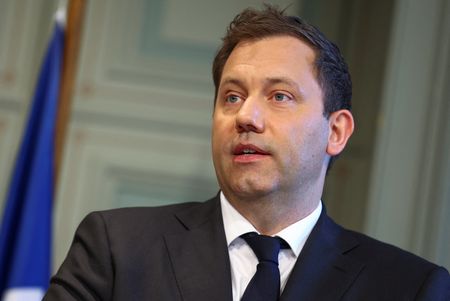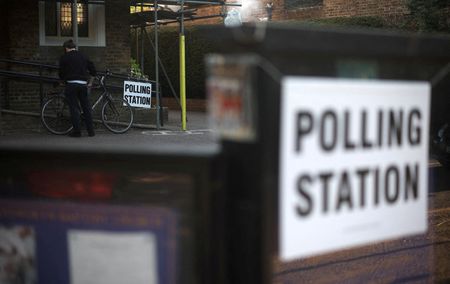DURBAN, South Africa (Reuters) -German Finance Minister Lars Klingbeil doubled down on Berlin’s criticism of the European Commission’s proposed budget on Thursday, taking aim at corporate tax under the plan which he said sends “the wrong signal”.
“Everyone should come to us, we want investments to take place in Germany and in Europe,” Klingbeil said in Durban, South Africa, on the sidelines of a gathering of G20 finance ministers.
“And in this regard, the corporate taxation now proposed by the European Commission, in this form, sends the wrong signal.”
His comments echoed a statement from the German government on Wednesday expressing its opposition.
“A comprehensive increase in the EU budget is unacceptable at a time when all member states are making considerable efforts to consolidate their national budgets,” government spokesperson Stefan Kornelius said, also taking aim at the corporate tax element.
The European Commission on Wednesday proposed a 2-trillion-euro ($2.31-trillion) EU budget for 2028 to 2034, with a new emphasis on economic competitiveness and defence and plans to overhaul traditional spending on farming and regional development.
The Commission proposed several ways to raise more funds directly, including a new tax on companies doing business in Europe that have an annual net turnover exceeding 100 million euros in an EU country.
“At first glance, much of what has now been proposed by the Commission does not meet with our approval,” Klingbeil said, mentioning a tobacco duty estimated to raise 11.2 billion euros annually, which he said Germany also cannot support.
(Reporting by Maria Martinez, editing by Rachel More)











